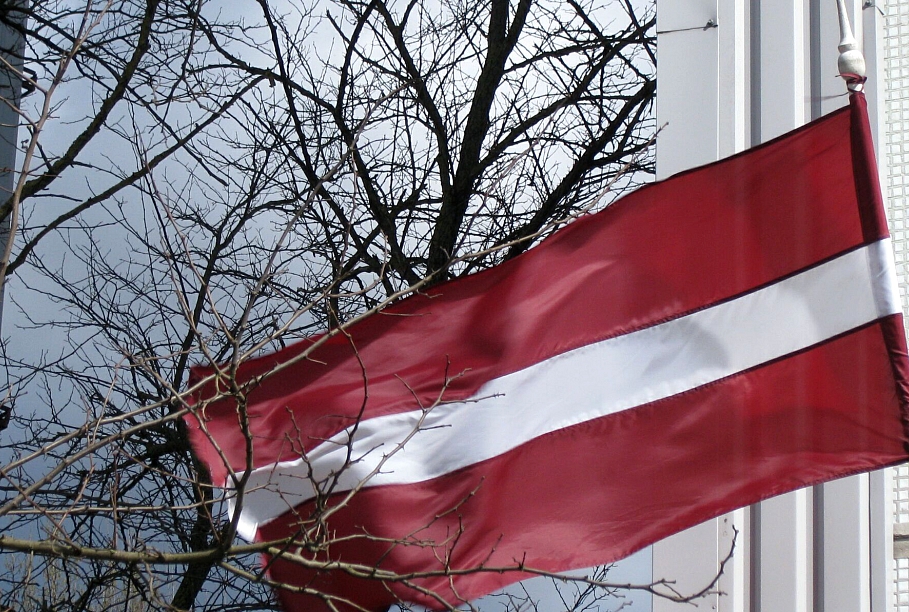On June 14, 2013 - the day that marks the memorial of those who were deported to the USSR in 1941 - Solvita Olsena did not raise the Latvian flag in mourning, as Latvian law mandates. She was having a family celebration and it didn't seem appropriate to her to raise the flag on that occasion. Consequently, Olsena was fined 40 euros for failing to do so.
Needless to say that she, also the head of the Medicine justice institute company, was not impressed. It was the principle that bugged her - that she did not have the freedom to choose when to show or not show her loyalty to the state's values, and she thought the fine to be limiting her freedom of speech. She turned to the Constitutional court to overturn the decision.
Last year, 248 people were fined in Riga for failing to fly the flag on mourning days, of which there are quite a few in Latvia.
Two years later, the court finally ruled that choosing to fly or not to fly the flag by their residential property is an act that exercises freedom of speech, and thus fining it is unconstitutional. However, it also ruled that it is the duty of the people to fly the flag, though now it's clear that it's a duty only in name.
Almost two weeks ago, the 4th of July marked the memorial day for victims of the Jewish genocide in Latvia. It was the first mourning day in Latvia when fly the flag was not mandatory. The municipality police forces in Ādaži and Jelgava had usually fined owners of the houses without flags in mourning, but now they went about explaining the city-dwellers that they have the freedom not to fly them.
The Constitutional court ruling stated that there is a well-founded possibility that the flag is being flied because of the fine, not due to commemorating the events important for the Latvian state.
The next day when Latvians will be able to choose whether or not to raise their flags, is August 21. It marks the day in 1991 when the matter of Latvia's legal status was solved by proclaiming the law about "The constitutional status of the Latvian state".
Some, like sociologist Aija Zobena, remain skeptical. "[..] By turning away from [state] symbols we start doubting the values. And values are what hold society together," says Zobena.




























